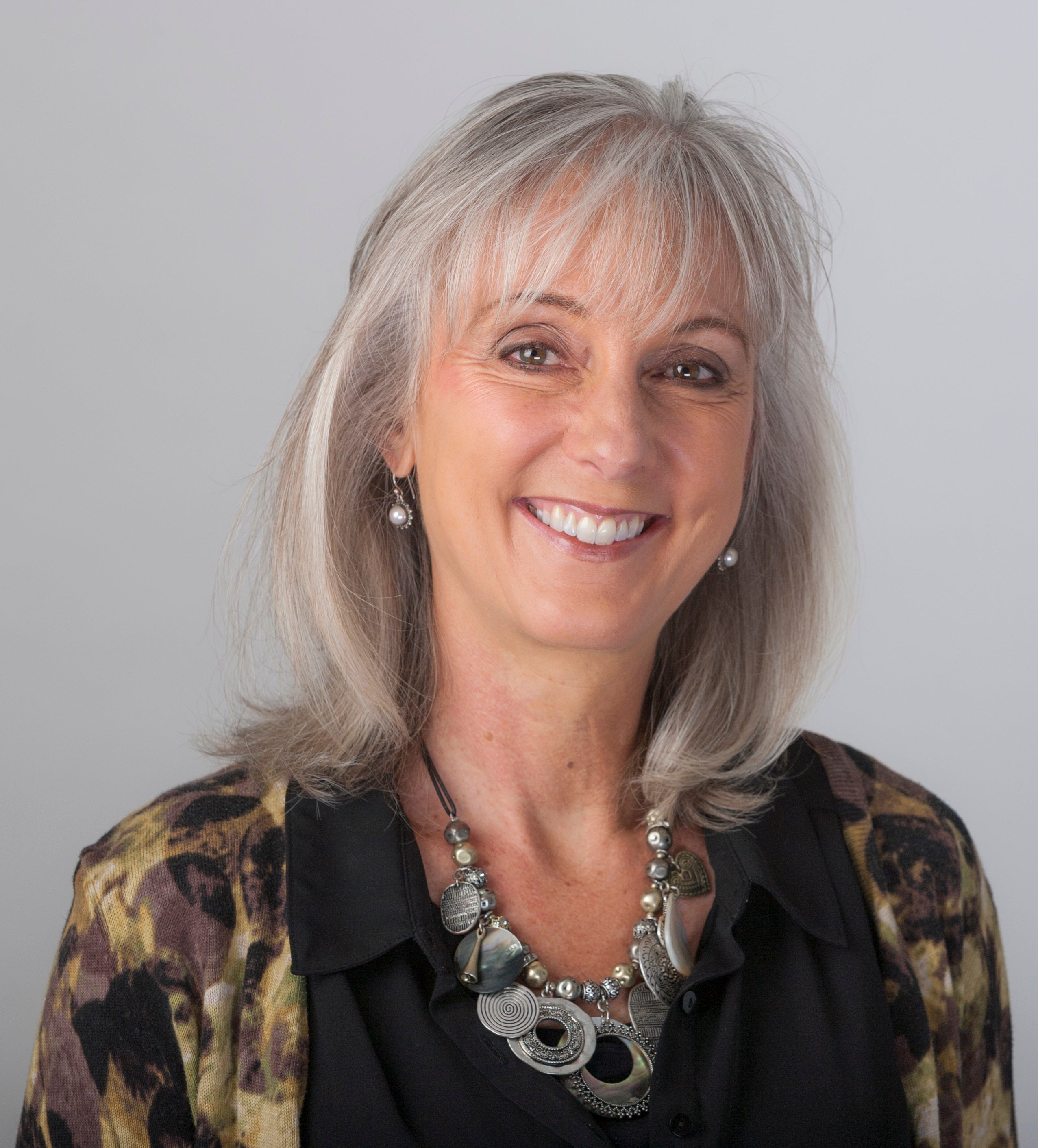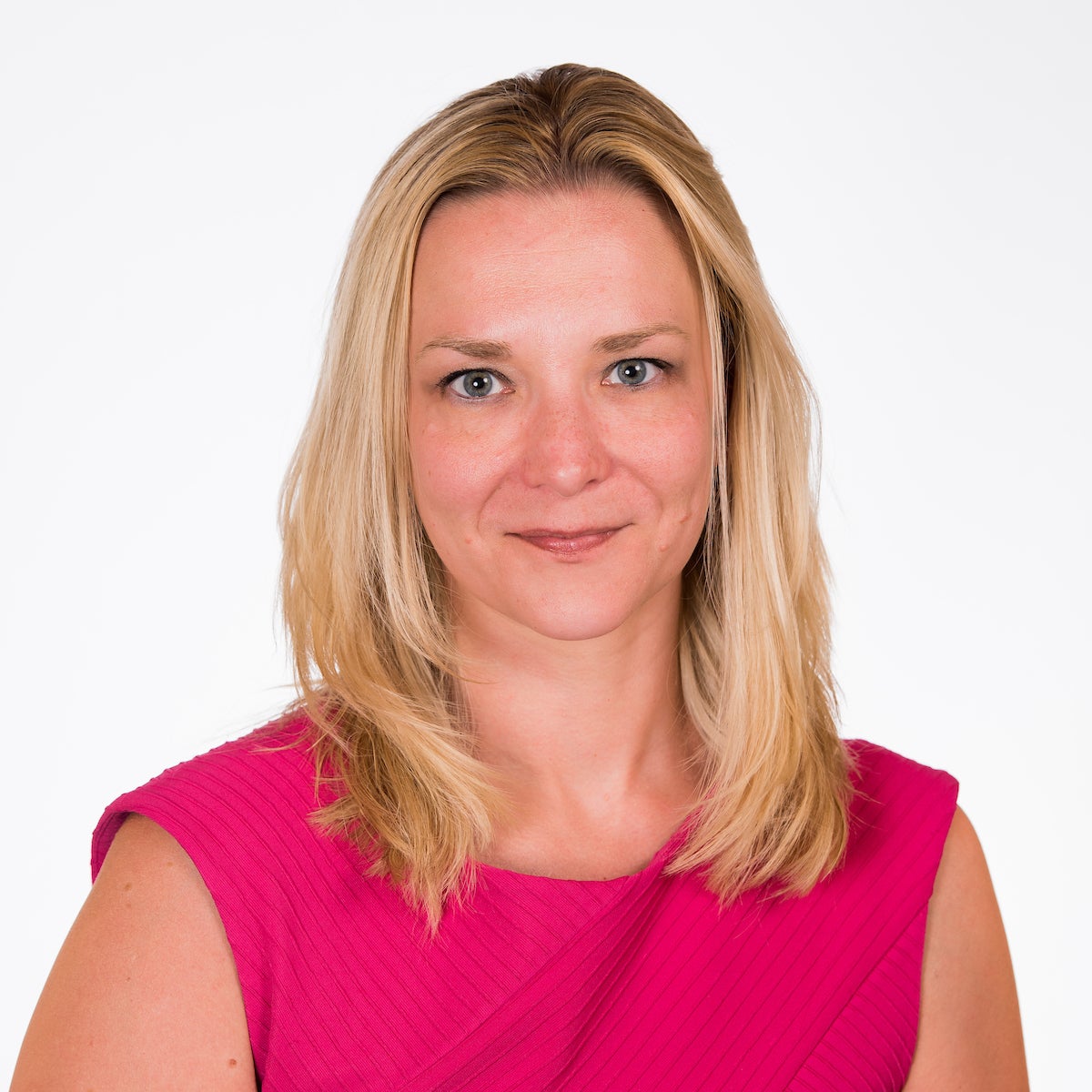Arizona State University's Center for Mindfulness, Compassion and Resilience will host its inaugural Mindfulness Summit and InterActive Dialogue April 23–24 on the Downtown Phoenix campus.
With an impressive list of speakers including a keynote by Dr. Barry Kerzin, the personal physician to the 14th Dalai Lama and founder of the Altruism in Medicine Institute, and ASU Chief Well-being Officer and Center Founding Director Teri Pipe, this is not your average conference.
Spread out over two days, organizers say those in attendance will have the opportunity to experience firsthand the center’s vision in action, which is to create a culture of caring at ASU and within the community through mindfulness and compassion practices. All of this is in an effort to nurture purpose, focus, resilience and connection.
We spoke with Pipe and Nika Gueci, the Center’s executive director, about the upcoming summit and what guests can expect.
Question: What makes this summit unique?
Pipe: This is our first summit, a way for us to celebrate the community emerging through ASU's Center for Mindfulness, Compassion and Resilience. The summit is designed as an innovative blend of speakers and participants from ASU, the Phoenix metro community and the larger global contemplative community. Participants can expect an experience where they are actively learning, practicing and enjoying the vibrant community. Participants can dress comfortably, have fun, meet amazing people, enjoy mindfulness of the senses and movement and learn practical approaches to bring more mindfulness, compassion and resilience to their lives and their communities.
Teri Pipe.
Q: Who should look into attending?
Gueci: Everyone is welcome to attend — community members, ASU affiliates and students! Anyone who would like to learn more about how to develop the skill set of mindfulness, compassion and resilience in their personal or professional life would receive benefits from attending.
Q: What can participants expect to learn/experience over the two-day summit?
Pipe: Participants are encouraged to come with an open mind and curiosity. In exchange, they will be very likely to meet some very engaging people, learn practical tips for their personal and professional lives, and to remember how each of us has the potential to meet life with more focus, presence and compassion.
Q: There are a lot of interesting sessions on the agenda. Is there a session or speaker you are most looking forward to?
Pipe: The speakers and experiences are so compelling, it is very difficult for me to select just one. The thing I am looking forward to the most is to experience the growing sense of community that is building around the concepts of mindfulness, compassion and resilience. The variety of topics ranging from veterans, Native Americans, LSAT prep, reiki, mindful eating, mindful movement and compassionate workplaces — we've tried to appeal to a variety of interests and experiences.
Q: Do participants need to do anything to prepare to attend?
Nika Gueci.
Gueci: The Mindfulness Summit will be unlike a typical conference. Wear comfortable clothing and shoes, as participants will be invited to engage in contemplative walking, tai chi, yoga and meditation — all at their individual comfort level.
Q: What do you hope participants come away with from this experience?
Pipe: I hope participants will come away with at least one new practice or a deeper understanding of mindfulness and compassion, and that they will have met at least one new person they can continue to collaborate with after the conference. I hope that we continue to deepen and widen our community in a way that honors each participant.
Q: How much does the summit cost and where can people sign up to attend?
Gueci: There is a registration cost to attend ($695) as well as sponsorship opportunities available. This fee allows us to offer free seats to our students. Students who are interested in attending for free should email mindfulness@asu.edu
If you go
When: Monday–Tuesday, April 23–24, 2018
Where: A.E. England Building, ASU Downtown Phoenix campus
More Health and medicine
Is ‘U-shaped happiness’ universal?
A theory that’s been around for more than a decade describes a person’s subjective well-being — or “happiness” — as having a U-…
College of Health Solutions medical nutrition student aims to give back to her Navajo community
As Miss Navajo Nation, Amy N. Begaye worked to improve lives in her community by raising awareness about STEM education and…

Linguistics work could improve doctor-patient communications in Philippines, beyond
When Peter Torres traveled to Mapúa University in the Philippines over the summer, he was shocked to see a billboard promoting…


